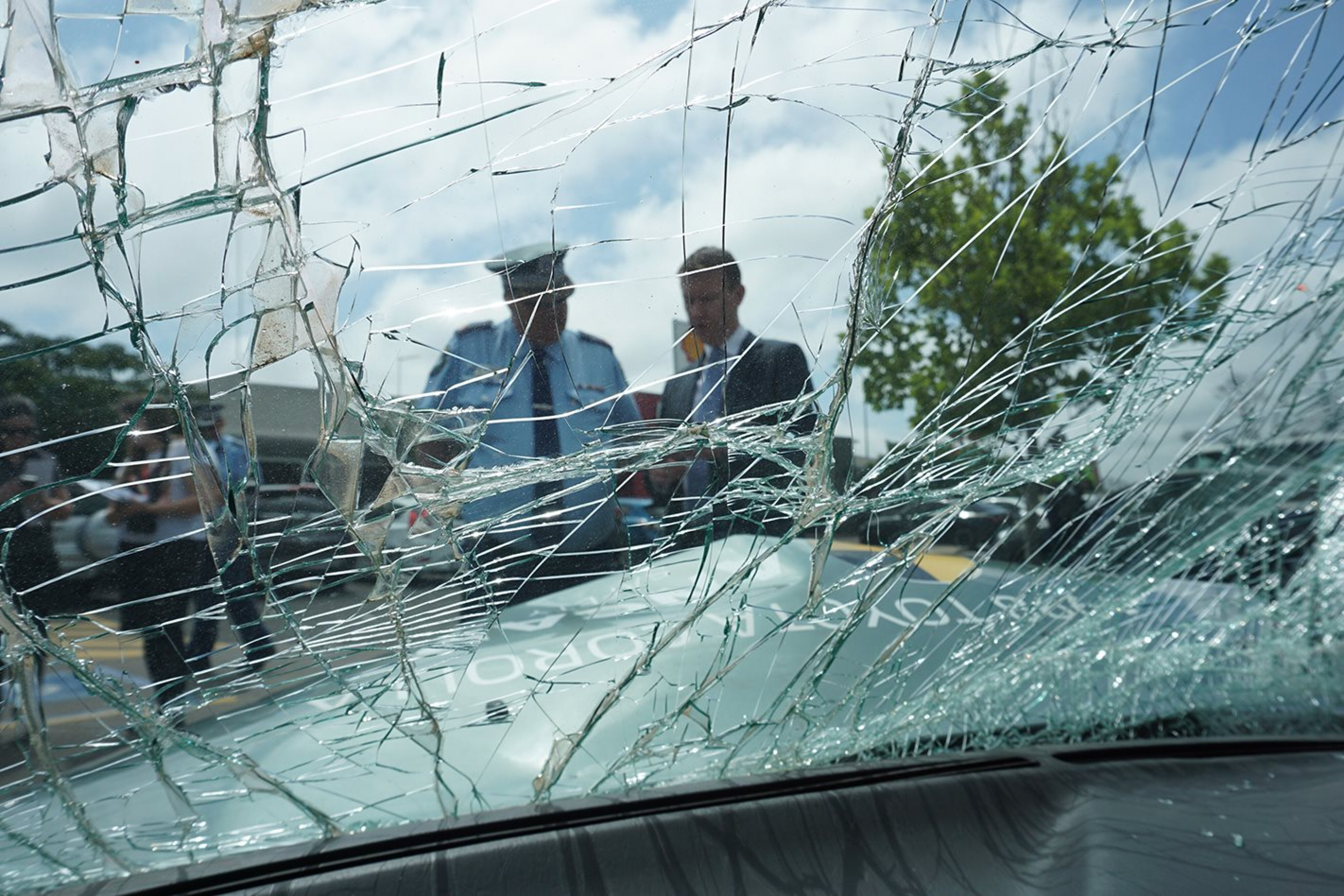
It is time to banish a very popular but equally stupid theory on how to eliminate road toll once and for all.
The theory goes that if everyone had a metal spike attached to their steering wheel, the certainty of impalement and death following even a small collision would make us all much more careful drivers.
I understand that the idea is not meant to be taken literally and the metal spike is intended as a metaphor, but if proponents honestly think the way we are going to make roads safer is by driving unsafe cars then they certainly shouldn’t be the ones making decisions about how we drive. Unfortunately though, they often are.
I do agree that travelling around in a high-strength steel box, surrounded by nine airbags that you won’t ever need because autonomous braking will prevent you hitting anything, has the potential to make drivers desperately complacent.
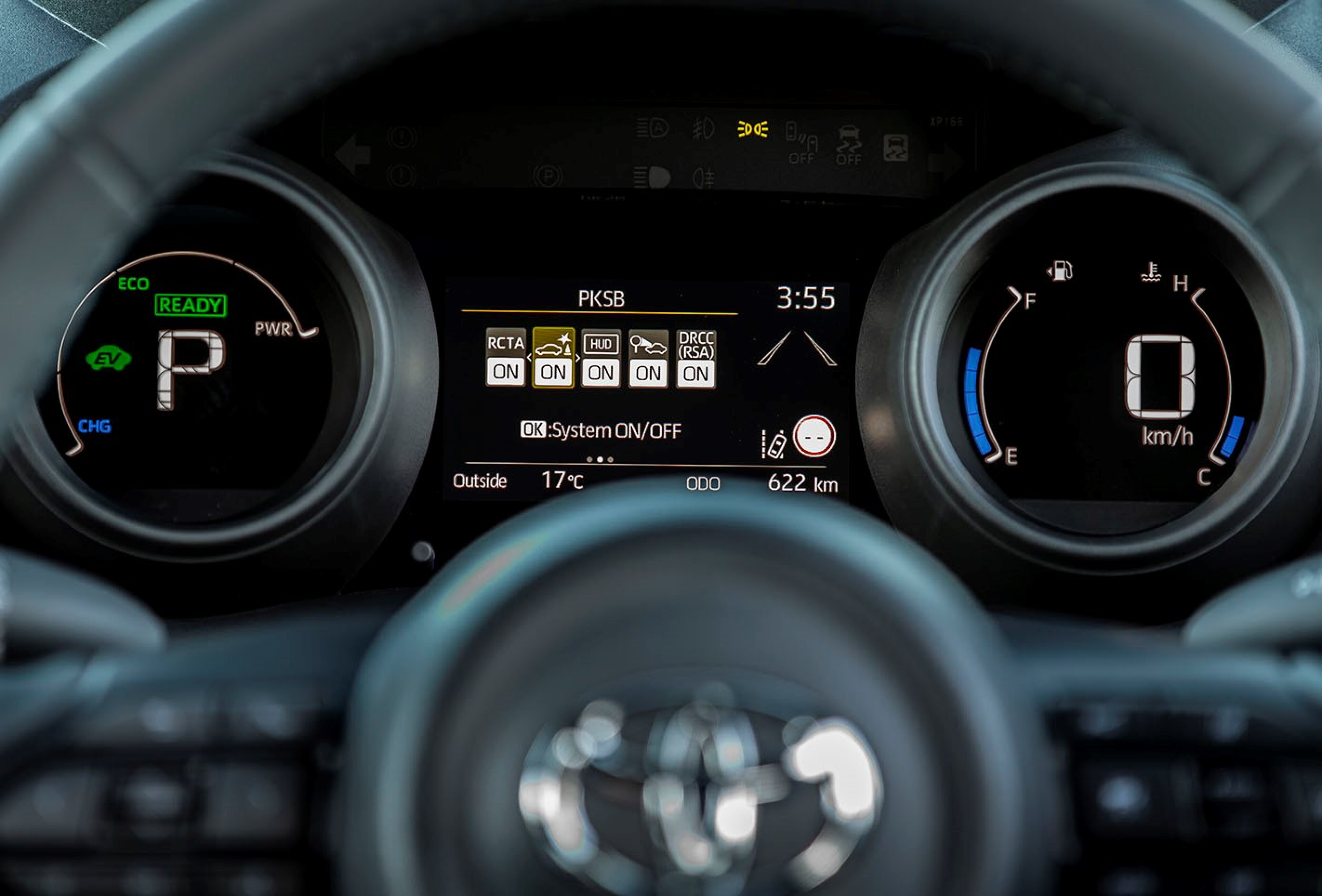
But limiting maximum speed on a freeway to 110km/h creates a false sense of security in exactly the same way. At one end of the spectrum we feel invincible; at the other, suicidal.
Unfortunately, neither ultra-safe cars nor deadly ones will reduce deaths and serious injury on our roads to zero. The idealistic and overly simplistic spike theory assumes that we are only ever impacted by the result of our own actions, good or otherwise.
Fact is, we don’t all waft around in a utopian world of instant karma. All it takes to upset the perfect harmony is for a meth user to jump behind the wheel and cause several human kebabs, not just one made from themselves.
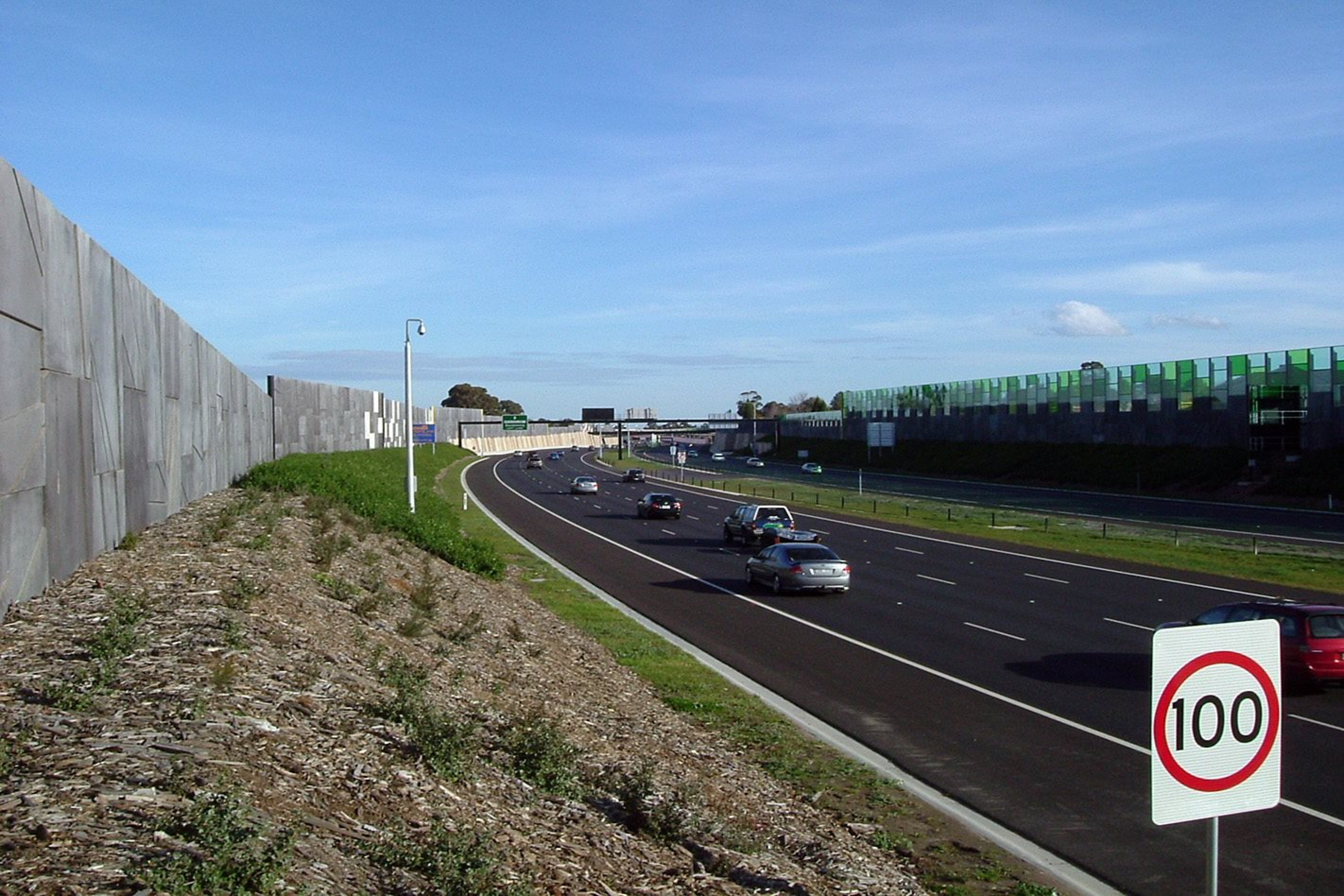
When you introduce a maniac into the mix, a deterrent based on mutually assured destruction will only last so long, as Vladimir Putin will most likely demonstrate before the decade is out.
You are not the only person who suffers the consequences of your own fault.
People buy large 4x4s as the family car so that in the event of a crash it’s your children that are killed and not theirs, so good luck trying to get people to buy a car that guarantees instant death for all. So if driving is dangerous why not continue lowering speed limits?
After all, we can’t be trusted to drive fast then we must all be punished by going slower, but this only exacerbates the invincibility delusion. Safer cars protect us from the bad decisions of others but hazardous cars make us more aware of our own mortality and actions.
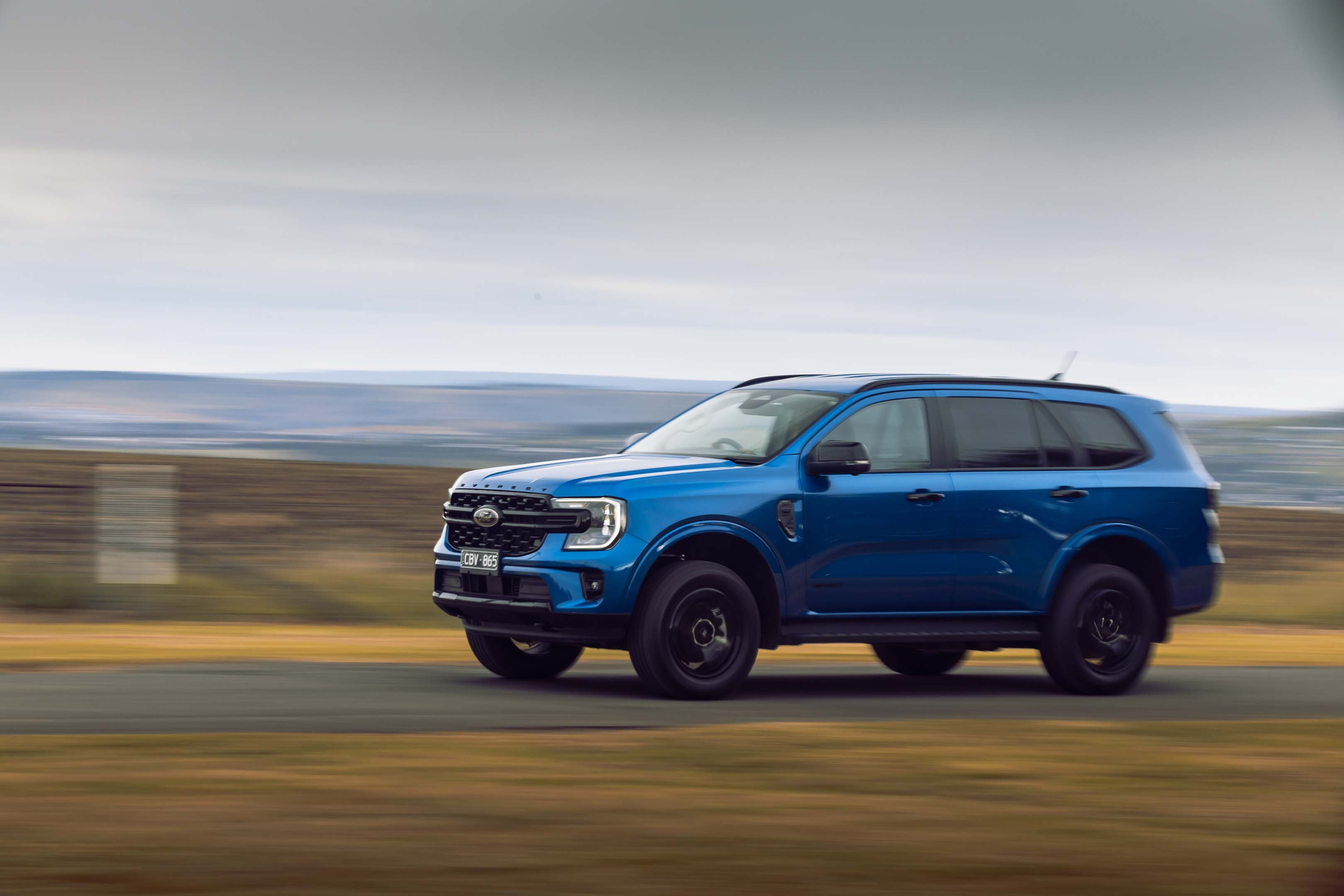
What we need is a virtual spike
The problem in both cases is not driving ability or skill, it all comes back to attitude and behaviour.
If we are ever going to dramatically reduce the road toll, we need to change the way people think behind the wheel.
This requires a different approach to driver education and perhaps even a change in our culture but, unfortunately, the people employed to make our roads safer through legislation are not behavioural experts, scientists nor driver training specialists. They’re politicians and therefore completely unqualified.
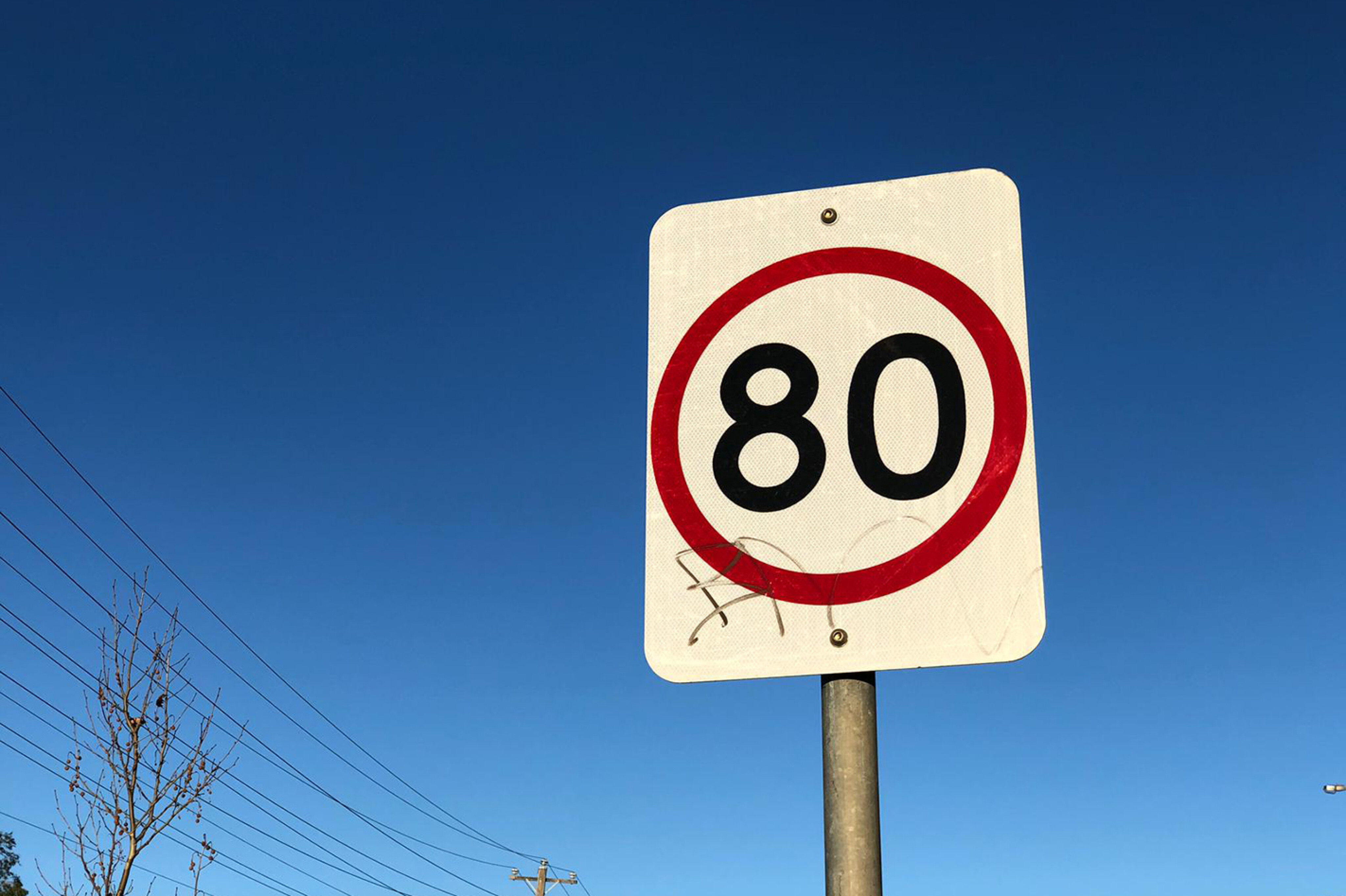
Whether it’s a metal spike, or a mandatory speed limiter, or an 80km/h speed limit on a quiet six-lane freeway, you should be insulted, because all of these measures imply you are not a good enough human to make the right decision for your own safety and that of everyone else.
Maybe we’re not, but until we revolutionise the way we teach people to behave on the road, the chances of dramatically reducing road toll to zero are exactly that – zero.



COMMENTS